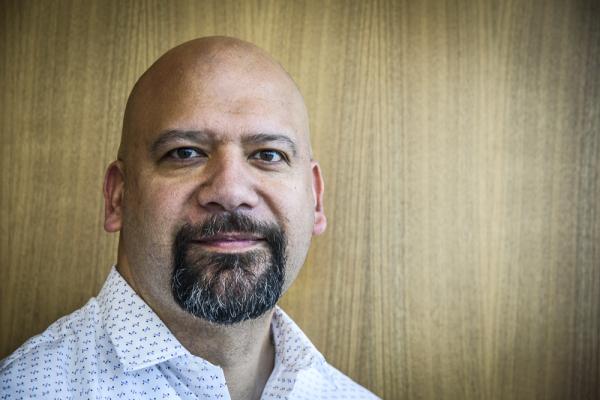
A Project Narrative talk by Dr. Christopher González
Jacob and Frances Sanger Mossiker Endowed Chair in English
Southern Methodist University
ctgonzalez@smu.edu
Cormac McCarthy’s Blood Meridian is a novel that challenges readers on multiple levels, particularly through its intricate worldbuilding and depiction of the borderlands. In this talk, I will focus on how McCarthy’s use of untranslated Spanish and his stark, often brutal landscapes create “narrative friction”—moments where the reader must engage with the complexity of a world that resists easy comprehension. These linguistic and environmental elements heighten the cognitive demands on readers, prompting reflection on how worldbuilding contributes to the immersive and disorienting experience of the borderlands.
While Blood Meridian anchors my analysis, I will also reference McCarthy’s other border novels, including The Border Trilogy and No Country for Old Men, to examine the broader implications of his worldbuilding strategies. Through a cognitive narratology lens, I will explore how readers navigate the friction between familiar and unfamiliar elements within these constructed worlds. For bilingual readers, McCarthy’s untranslated Spanish and his rendering of the borderlands offer unique cognitive challenges that further complicate the reading experience.
Moreover, I will examine the concept of narrative permissibility, questioning why McCarthy, a non-Latinx author, is seemingly allowed to build entire worlds anchored in untranslated Spanish, a narrative freedom often unavailable to Latinx authors. How does McCarthy gain access to a space that challenges cultural ownership, and why is he granted such narrative license in creating worlds that resist easy classification? This consideration will lead into a discussion of how McCarthy’s worldbuilding transcends linguistic and cultural boundaries, shaping our understanding of narrative authenticity and the politics of representation.
Meeting ID: 925 8218 5611
Password: 838658
